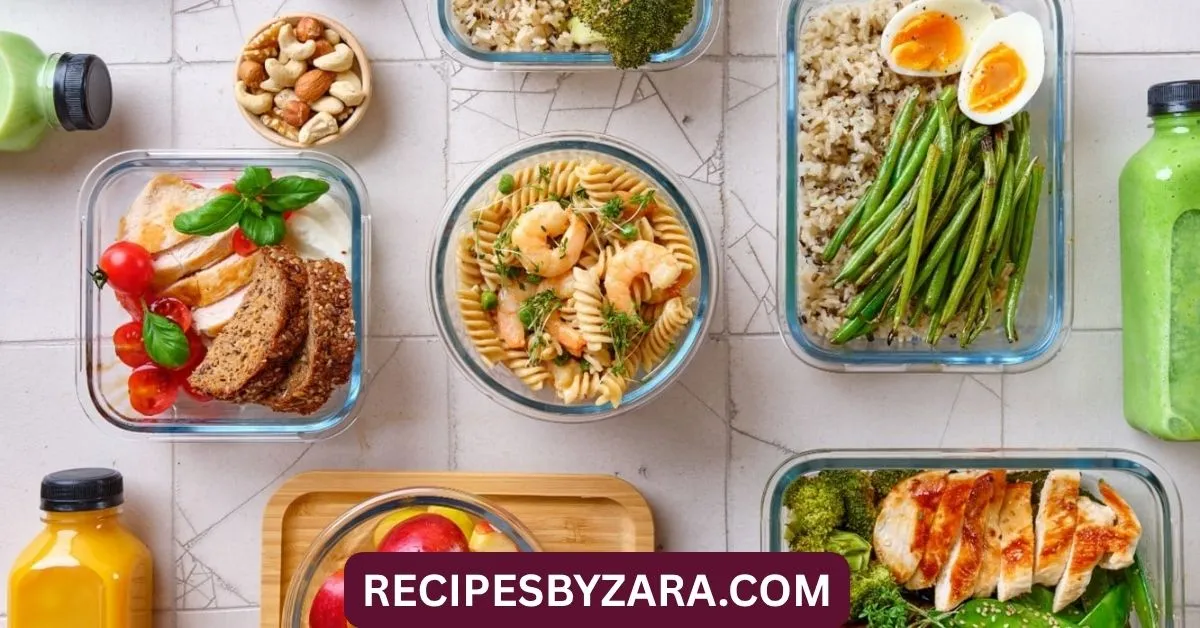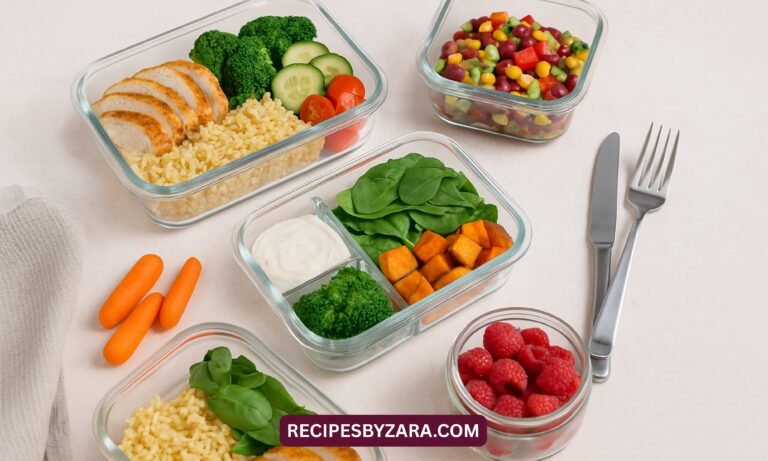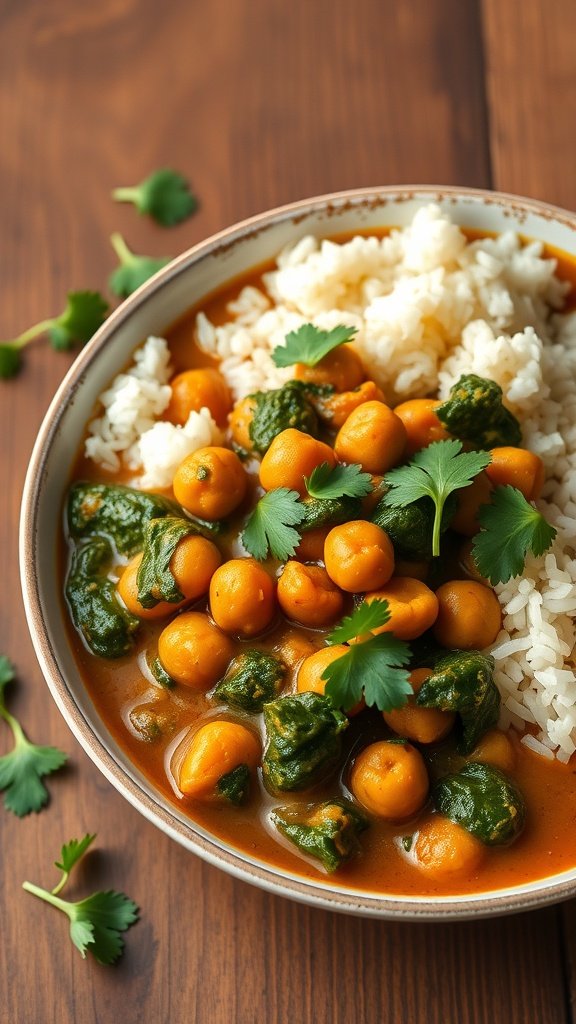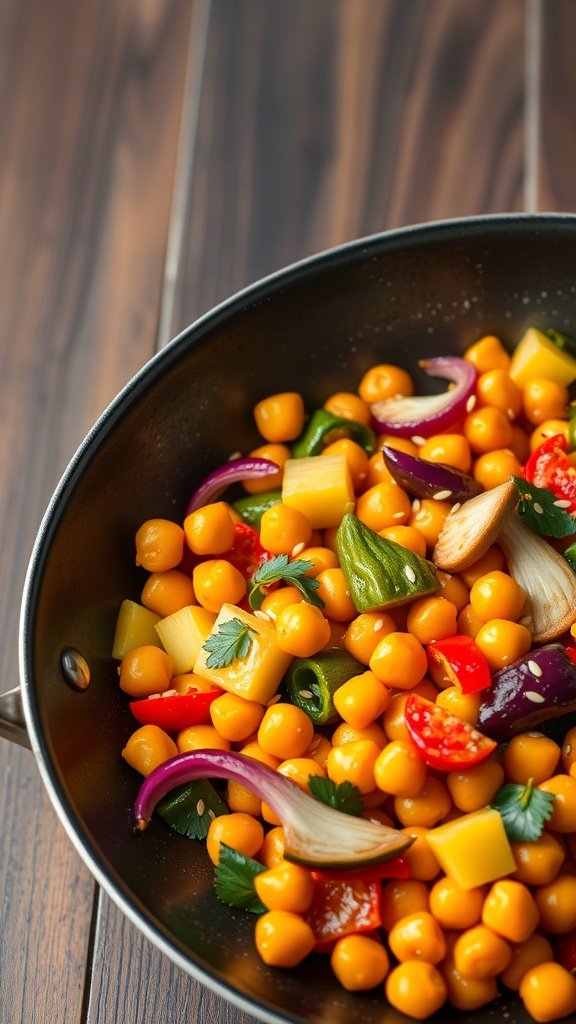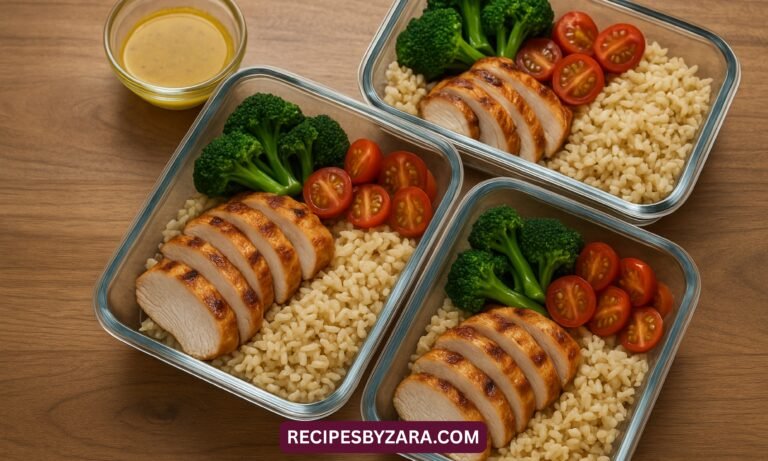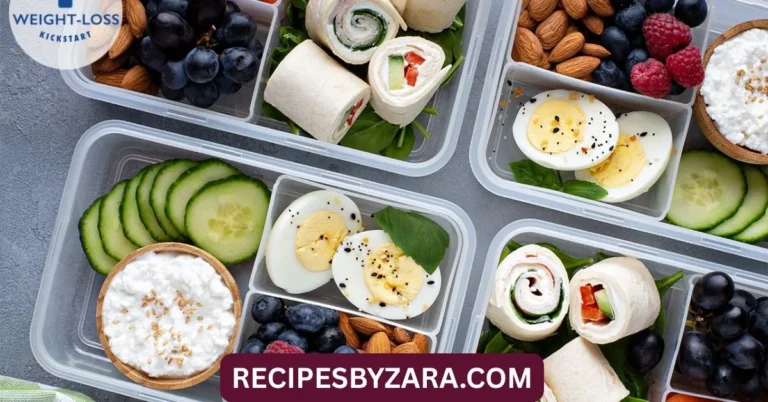5 Common Meal Prep Mistakes Beginners Make
The 5 common meal prep mistakes beginners make and learn how to fix them. Master efficient, healthy, and sustainable prepping with bold tips for success.
Meal prepping has become a game-changer for those seeking better health, time management, and financial control. Whether you’re trying to lose weight, gain muscle, or simply save time, the strategy of preparing meals in advance can deliver major benefits. But like any new habit, beginners often fall into traps that derail their progress.
Understanding the 5 common meal prep mistakes beginners make can help you avoid frustration and wasted effort. Instead of giving up, you’ll be equipped to streamline your routine, save money, and achieve your dietary goals with ease.
This guide breaks down each mistake in detail, including how they negatively impact your progress and what you should be doing instead. Every tip and solution is designed with beginner meal prep tips, healthy meal prep for beginners, and simple meal prep strategies in mind so let’s get started.
1. Not Planning Your Meals Properly

Failing to plan is the fastest way to sabotage your meal prep journey. One of the 5 common meal prep mistakes beginners make is jumping in without a structured plan, only to end up with either too little food or meals that don’t align with their goals. Creating a weekly meal prep guide with a solid shopping list for meal prep can ensure every item you purchase serves a purpose.
When you don’t consider your macronutrient balance, you may end up with meals that are too carb-heavy, low in protein, or missing healthy fats. This is especially important for those focusing on meal planning for weight loss or high-protein meal prep. Use portion control meal prep strategies to ensure consistency in nutrients and calorie intake.
Another problem is skipping portion size tips and cooking for random serving sizes. This leads to overeating, food waste, or nutritional gaps. For diet-friendly food prep, use tools like measuring cups or a kitchen scale to maintain accuracy.
Additionally, clean eating meal prep requires planning meals around whole foods and fresh produce. Without a solid plan, you may rely on frozen or ultra-processed ingredients, which defeat the purpose of healthy prepping.
2. Prepping Too Much Food Too Soon
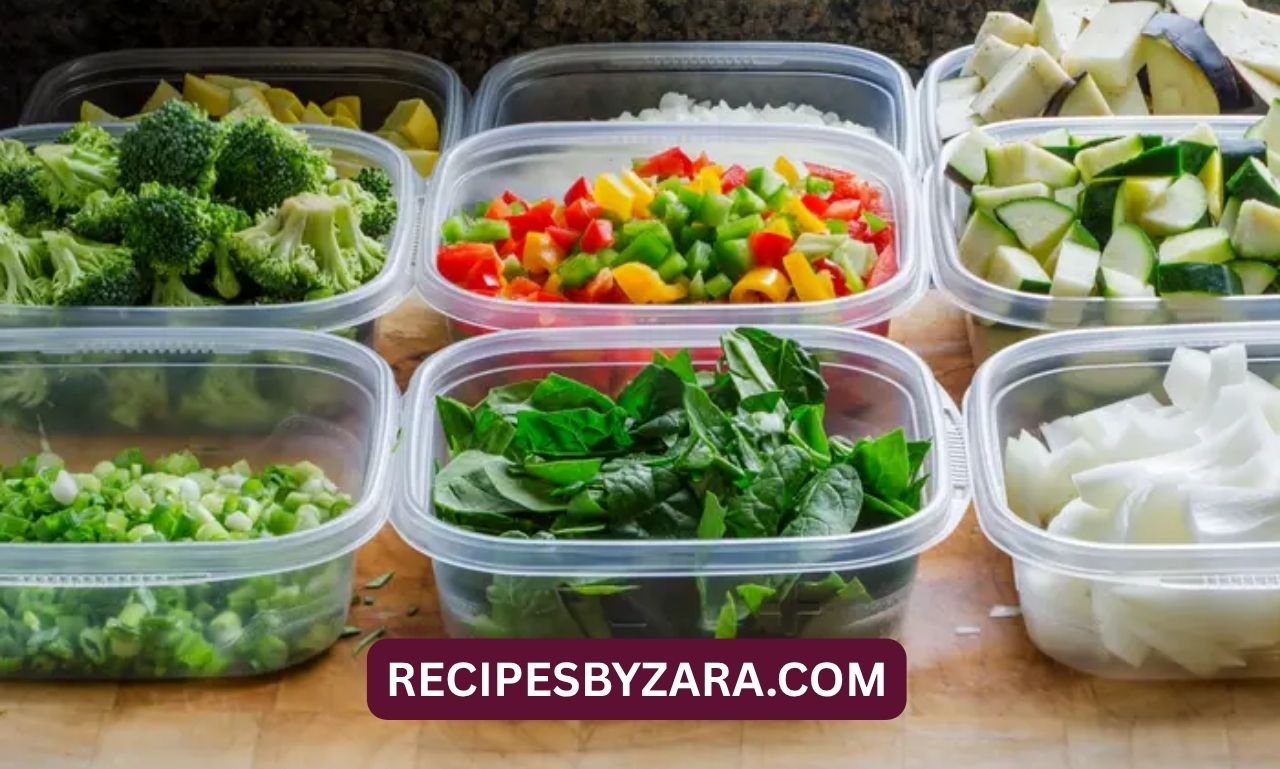
A classic beginner blunder is trying to prep for the entire week right from day one. While ambition is great, overcommitting often results in food spoilage, wasted effort, and even discouragement. It’s one of the 5 common meal prep mistakes beginners make that can burn you out quickly.
Large-scale prepping without proper storage often results in soggy meal prep or stale food by mid-week. It’s better to start smallprep for two or three days using simple meal prep strategies and see how your schedule, taste, and routine adjust. Gradually increase your batch size once you’re confident with storage and menu planning.
Another challenge is meal fatigue from repetition. Eating the same dish for five straight days can kill your motivation. To avoid this, use clean eating mistakes checklists to rotate ingredients and keep meals exciting. Mix different proteins, grains, and sauces even if the base meal is similar.
Finally, prepping too much leads to wasting food due to spoilage, especially if you’re unaware of how long meal prepped food lasts. Generally, 3–5 days in the fridge is safe, while freezer-friendly meal prep ideas can stretch your meals to a couple of weeks.
3. Using the Wrong Containers

Beginners often underestimate the importance of proper containers. This mistake may seem small, but it plays a big role in maintaining freshness, flavor, and safety. Not using the right containers for meal prep is one of the underestimated but critical 5 common meal prep mistakes beginners make.
Cheap plastic containers are prone to melting, leaking, or absorbing odors. These are especially problematic when heating up meals in the microwave. Instead, invest in microwave safe containers, preferably BPA-free or glass containers, which offer durability and safety for long-term use.
A huge advantage of quality storage is better organization. Using stackable and uniform containers helps in organizing meal prep workflow, especially if you’re prepping multiple meals per day. Labeling each meal with the name and date also prevents mix-ups and food waste.
Moreover, don’t overlook the importance of having different-sized containers. You’ll need smaller ones for snacks or sauces, and larger ones for batch cooking tips or full meals. This supports portion control meal prep and keeps everything easily accessible during your busy week.
Lastly, don’t forget to align your container selection with your storage capacity. If you have a small fridge, opt for space-saving designs and use stackable freezer-friendly containers that keep things neat and compact.
4. Ignoring Food Safety Rules
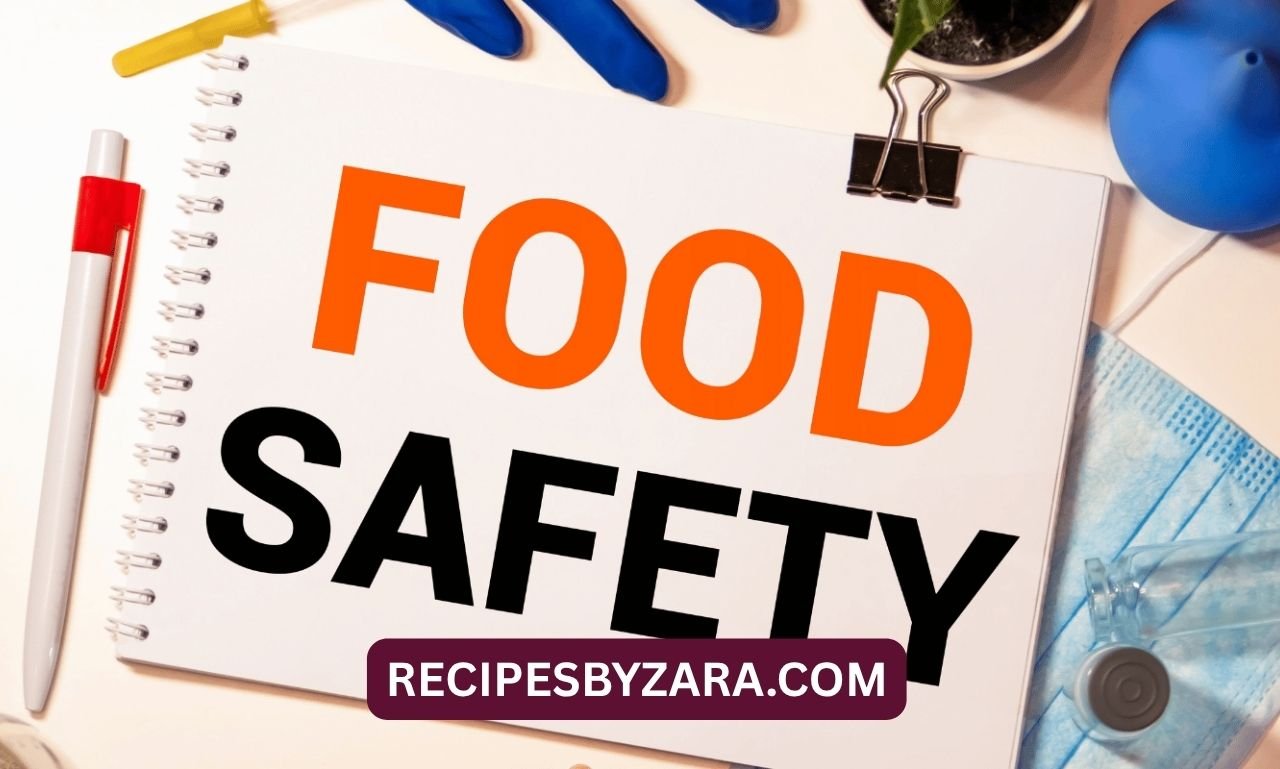
When it comes to meal prepping, food safety tips for meal prep are non-negotiable. One of the 5 common meal prep mistakes beginners make is failing to understand how to store, cool, and reheat food properly, which could lead to spoilage or even illness.
Improper cooling and storing of food increases the risk of bacterial growth. Always allow hot foods to cool before sealing them in containers to prevent condensation and soggy results. The best foods to meal prep are ones that retain structure and don’t become overly soft or mushy when reheated.
Cross-contamination risks arise when beginners use the same utensils or cutting boards for raw meats and vegetables. This mistake can ruin your entire week’s worth of meals. Use separate surfaces and wash everything thoroughly to maintain hygiene.
Refrigeration timing is also critical. You need to know how to store prepped meals and for how long. On average, prepping meals for the week requires you to refrigerate for no longer than 4–5 days and freeze the rest. Follow food rotation tips to ensure nothing sits too long unused.
Another overlooked element is knowing how to reheat meal prep safely. Some meals lose nutrients or texture if overheated. Learn your microwave’s wattage or consider oven reheating to preserve the flavor and nutrient profile, especially for high-protein meal prep.
5. Making It Too Complicated

Simplicity is the secret to success. A major reason beginners give up is because they overcomplicate things trying to make gourmet meals, use exotic ingredients, or follow Pinterest-perfect recipes. Making things too complex is undeniably one of the 5 common meal prep mistakes beginners make.
Start with easy beginner meal prep recipes that use minimal ingredients and are quick to assemble. Focus on simple meal prep strategies like batch cooking tips or preparing versatile ingredients like rice, chicken, and roasted vegetables that can be used in multiple combinations.
You also don’t need to prep every meal for every day. Focus first on prepping just lunch meal prep for work or prep meals with limited time. Once that becomes second nature, expand your plan to include breakfasts, dinners, and snacks.
Don’t fall for common food prep myths like needing a huge grocery haul or spending hours in the kitchen. With just a few staples and a bit of planning, you can easily manage affordable meal prep ideas and enjoy variety throughout the week.
Finally, understand your limits. If you’re a student or working long shifts, stick to meal prepping on a budget with low-effort meals that last. This will help you stay consistent without burnout and improve your healthy eating routine.
Conclusion
Mastering meal prep doesn’t have to be overwhelming. By recognizing and avoiding the 5 common meal prep mistakes beginners make, you set yourself up for long-term success. From planning meals smartly and storing them safely to keeping things simple, every step matters. The goal isn’t perfection, it’s consistency.
Embrace beginner meal prep tips, use the right tools, and don’t shy away from experimentation. Whether you’re aiming for weight loss, muscle gain, or a clean eating routine, avoiding these pitfalls will ensure that meal prepping becomes a habit, not a hassle.
FAQs
Can I meal prep if I have a small fridge?
Yes! Focus on stackable containers and prioritize meals with dense ingredients. Use your freezer strategically and prep for only 2–3 days at a time. Choose pre-cooked vs raw meal prep carefully to reduce space usage.
How long does meal prepped food last?
Most refrigerated meals last 3–5 days. Meals containing seafood or dairy may spoil faster. For extended storage, rely on freezer-friendly meal prep ideas and label everything with dates using food rotation tips.
Is it okay to eat the same thing every day?
It’s fine occasionally, especially for those focused on portion control meal prep or strict diets. However, to avoid burnout and meal fatigue, rotate different weekly meal prep guide templates and switch ingredients weekly.
Do I need to count calories when meal prepping?
Not necessarily, but being calorie-aware helps if you’re working toward fitness goals or weight loss. Using portion size tips and calorie control with meal prep ensures balanced meals without strict counting.
Can meal prepping save money?
Definitely. Buying in bulk, planning smartly, and reducing waste through affordable meal prep ideas can significantly cut food costs. It also reduces the temptation for takeout and impulse purchases.
